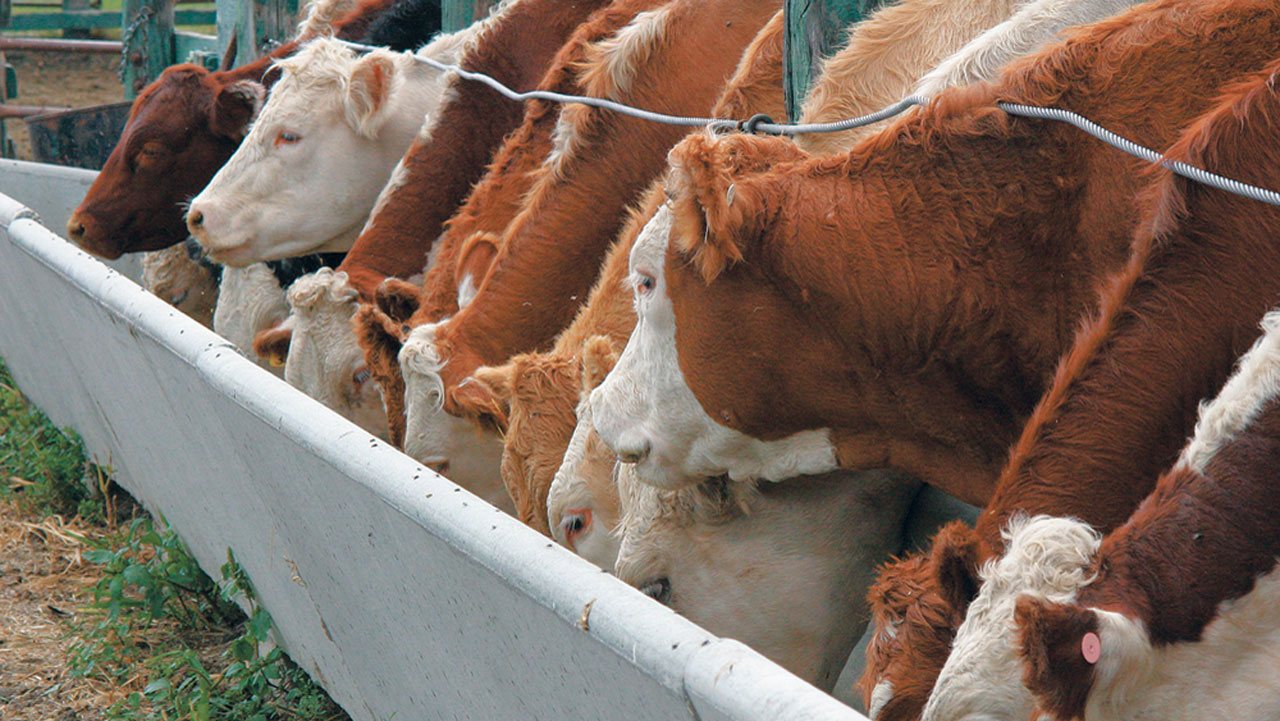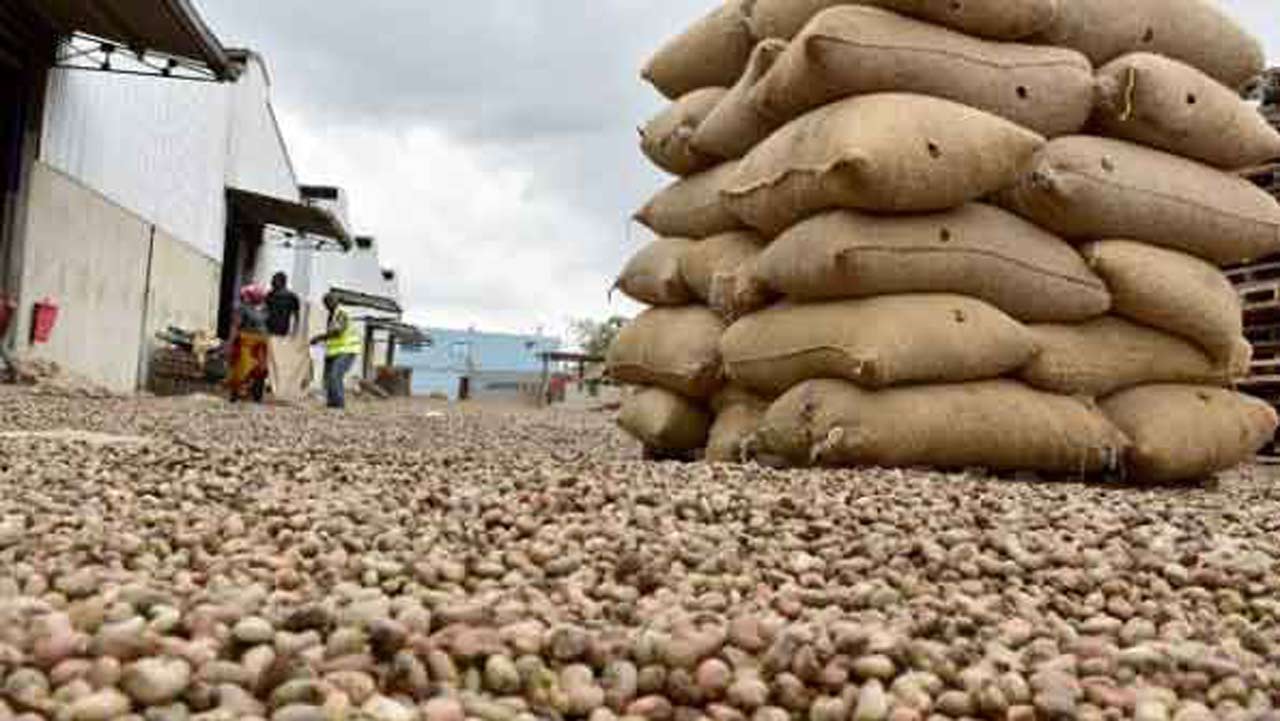TracTrac Mechanisation Services Ltd has called for a deliberate shift towards homegrown mechanisation technologies as a sustainable solution to Nigeria’s food security challenges.
Speaking at a forum on Nigeria’s agricultural mechanisation ecosystem in Abuja, the firm’s Chief Executive Officer, Godson Ohuruogu, said TracTrac’s mission is to simplify investment in mechanisation while equipping young people and service providers with critical skills.
He stressed the need for Nigeria to create an enabling policy and investment environment to strengthen the mechanisation value chain and reduce reliance on manual labour and outdated tools.
“We must engage in robust discussions on how policy can create an enabling environment for sustainable mechanisation. Without supportive policy, innovations and investments risk not reaching their full potential,” Ohuruogu said.
Outlining TracTrac’s five-year vision, he said the organisation aims to attract significant investments into the sector, deploy about 250,000 tractors, and train 500,000 mechanisation service providers, including operators, hire agents, and mechanics.
He added that TracTrac is committed to supporting local assembly plants to drive long-term growth.
Also speaking, the Executive Director/CEO of the National Centre for Agricultural Mechanisation (NCAM), Dr. Kamal Abdulgafar Rasheed, noted that although progress has been made, Nigeria still lags behind global standards.
He emphasised the importance of reliable data to inform national policy and investment decisions, describing agricultural mechanisation as “the backbone of food security, job creation, and rural development.”
Rasheed highlighted government efforts under President Bola Ahmed Tinubu’s Agricultural Transformation and Innovation Program (ATIP), including the importation of 2,000 tractors from Belarus and additional procurements by Niger, Katsina, Borno, Jigawa, Plateau, Kwara, Nasarawa, Osun, Taraba, and Yobe states, which collectively acquired about 1,700 tractors in the last two years.
He urged stakeholders, government agencies, private investors, development partners, and farmers’ organisations to move from dialogue to actionable partnerships that can significantly raise Nigeria’s mechanisation levels.






